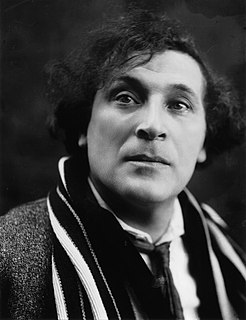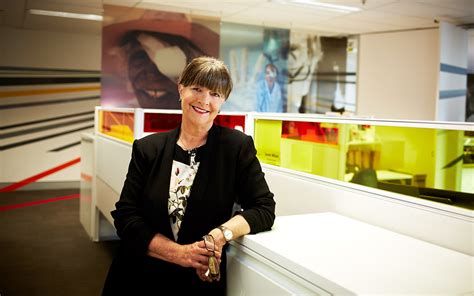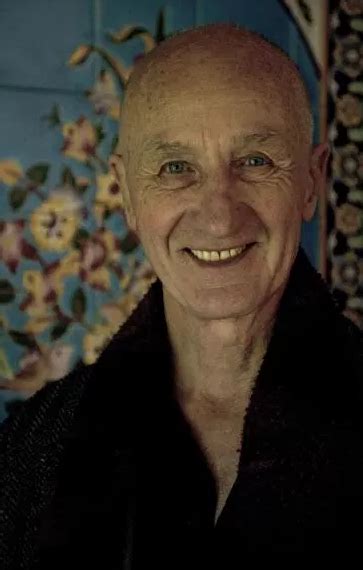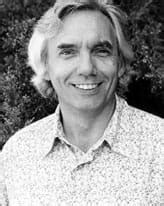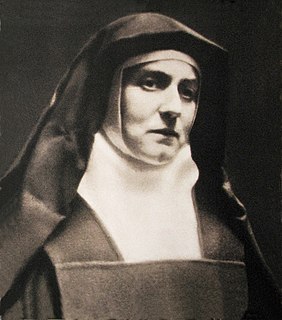A Quote by Marc Chagall
If all life moves inevitably towards its end, then we must, during our own, colour it with our colours of love and hope.
Related Quotes
Faith, Hope & Love. Faith is directed towards God, love towards others (both within the Christian fellowship and beyond it) and hope towards the future, in particular, the glorious coming of our Lord Jesus Christ. Similarly, faith rests of the past; love works in the present; hope looks to the future. Every Christian without exception is a believer, a lover and a hoper. Faith, hope and love are three sure evidences of regeneration by the Holy Spirit.
We all reject out of hand the idea that the love of our life may be something light or weightless; we presume our love is what must be, that without it our life would no longer be the same; we feel that Beethoven himself, gloomy and awe-inspiring, is playing the “Es muss sein!” to our own great love.
The other part of the true religion is our duty to man. We must love our neighbour as our selves, we must be charitable to all men for charity is the greatest of graces, greater then even faith or hope & covers a multitude of sins. We must be righteous & do to all men as we would they should do to us.
If neuroscientific research shows that those mechanisms only contain comparative information about colour differences, and have 'thrown away' more fine-grained information about the absolute colours of single surfaces, then that would support my position, in a way that just introspecting our colour experiences can't.
Fred didn't have a favourite colour. He was just pleased that he could see all of the colours in the colour chart. That was his wish for everyone. Fred wanted people to experience the joy of seeing vivid colours - in nature: the greens and browns of the mountains; in their work: the orange, red and black of the back of the retina; and in life.
The gift moves towards the empty place. As it turns in its circle it turns towards him who has been empty-handed the longest, and if someone appears elsewhere whose need is greater it leaves its old channel and moves toward him. Our generosity may leave us empty, but our emptiness then pulls gently at the whole until the thing in motion returns to replenish us. Social nature abhors a vacuum.
This question of love begins and ends with the willingness to be welcoming to one's own experience as a loving action towards oneself. It may be dark, it may be light, it may be joyous, it may be sorrowful, but it's your experience, and therefore, your life. As we have that kind of loving response towards our own life, then life itself in terms of the outside world, begins to feel different.
This death to the logic of emotional commitments of our chance moment in the world of space and time, this recognition of, the shift of our emphasis to, the universal life that throbs and celebrates its victory in the very kiss of our own annihilation, this amor fati, 'love of fate,' love of the fate that is inevitably death, constitutes the experience of the tragic art.
